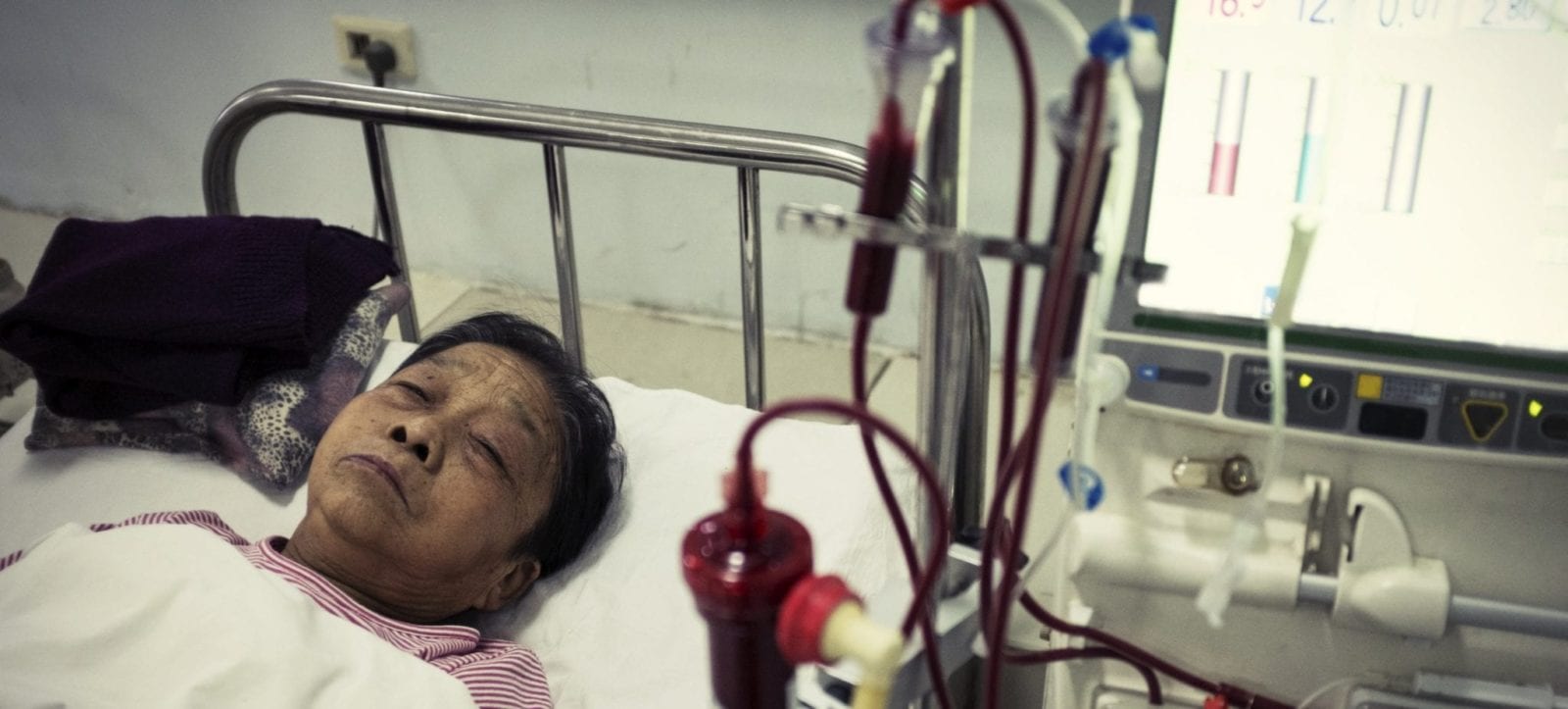– Updated on August 19, 2025
When you pop that Prilosec, you probably assume that the organ most affected by the pill is your stomach. After all, you’re taking it to relieve the symptoms of GERD. What you may not know is that the pill could also cause your kidneys to fail. Read on for more information about how heartburn medicine affects your kidneys.
The first thing you should know about antacids and your kidneys is that there are two types of heartburn medicines. The first category is called Proton Pump Inhibitors — or PPIs. Some popular PPIs include Prilosec, Prevacid, and Nexium. The other category is called Histamine H2 Receptor Blockers. These include drugs like Tagamet and Zantac.
Off-label Use
Proton Pump Inhibitors are approved by the FDA for a narrow range of treatments. For instance, Nexium is supposed to treat Erosive Esophagitis and Symptomatic Non-Erosive GERD (for durations of up to four weeks.) However, 90 percent of PPIs are prescribed off-label, meaning the doctors are using them for treatments other than what the FDA has approved the heartburn medicines for.
Furthermore, these drugs are available over-the-counter. That means that a consumer can buy them for whatever purpose they want. Many people have made PPIs their go-to treatment for heartburn, even though the pills were never meant to treat this condition.
If PPIs were benign, like an extra dose of vitamin C, there would not be a lot of concern. The problem is that these heartburn medications come with a variety of long-term side effects that are just now beginning to show up. As people have used them for extended periods of time, the ill effects have become manifest.
Suffered Kidney Damage After Using Heartburn Medicine?
PPI Facts
Kidney damage, and in some cases, kidney failure, is one of the top concerns for researchers studying the long-term effects of PPI use. Recent studies have found that:
- PPI users are 28 percent more likely to come down with kidney disease than users of Histamine H2 Receptor Blockers.
- PPI users are 96 percent more likely to come down with kidney failure than users of Histamine H2 Receptor Blockers.
- 20 million Americans suffer from kidney disease.
- PPIs are tied to both long-term kidney disease and failure and short-term kidney problems.
- 25 percent of people in treatment for kidney disease had previously used a PPI.
- Patients who had a history of PPI use were twice as likely to die prematurely than patients who had never used PPIs.
- People with a history of PPI use were 50 percent more likely to come down with chronic kidney disease than people who had never used PPIs.
Armed with this information, many medical professionals are now advising patients to use PPIs only for necessary medical conditions and only for a short period of time. Histamine H2 Receptor Blockers like Tagament and Zantac have not been found to be as hard on the kidneys and may be an alternative for some patients. Even better, some experts say, is making diet and lifestyle changes to alleviate the heartburn naturally.
When you are suffering from GERD, you’re probably not thinking about how your heartburn medicine affects your kidneys, but it is a concern that medical experts say should become a serious consideration every time you pop a PPI pill.
The Goldwater Law Firm – National Drug Injury Attorneys
If you’ve been harmed by a dangerous prescription or over-the-counter drug, the Goldwater Law Firm can help. Contact our drug injury lawyers today for a free consultation about your case.

The Goldwater Law Firm is on mission to help as many people as possible with the fierce, compassionate legal aid only The Gold Standard of Injury Law can offer. If you suffered serious side effects or were diagnosed with an illness because of a defective drug or product, or if you were injured in an accident that wasn’t your fault, Attorney Bob Goldwater and the Goldwater Law Firm is ready to serve as your compassionate partner in the fight to seek the compensation and justice you deserve.
Share this post:






